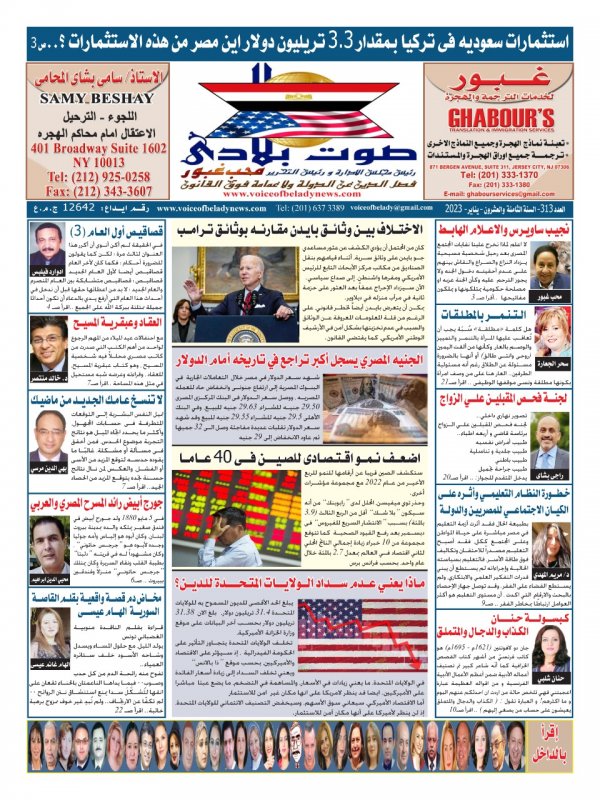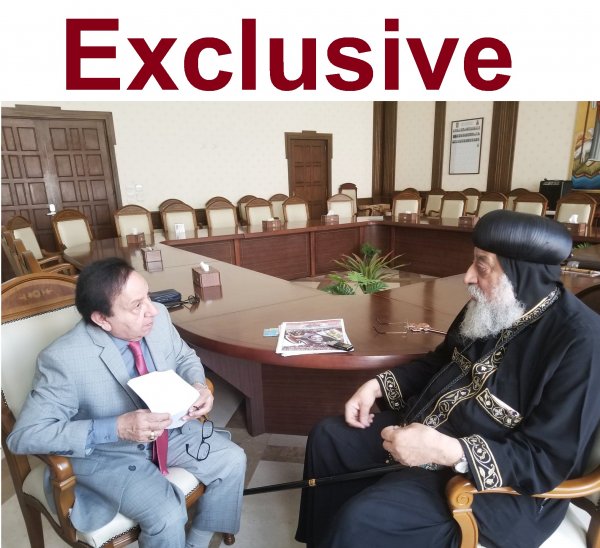Festive culture Written by: Dr. Seham Abdel Baqy Researcher in Cultural Anthropology - Graduate School of African Studies-Cairo University
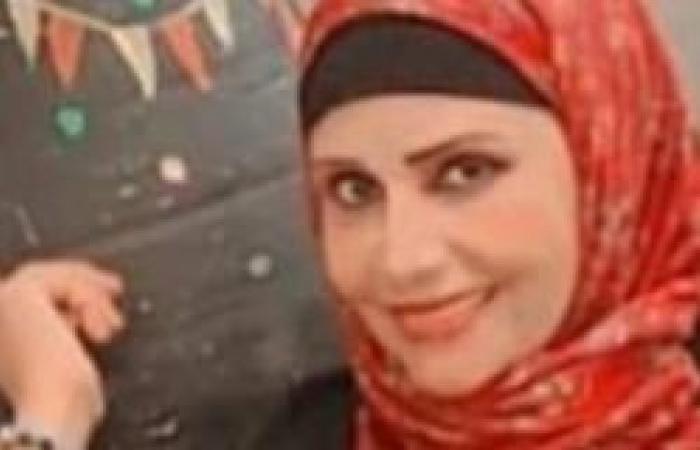
Festive culture
Written by: Dr. Seham Abdel Baqy
Researcher in Cultural Anthropology - Graduate School of African Studies-Cairo University
God has ordained feasts in order to make man happy and recreate him, and to bring about a state of joy and change in his life in light of the monotony of days, the weight of life, and its burdens. Eid is defined as “the day of celebration of the remembrance of an important event at a specific time and with fixed rituals.” Often, feasts especially religious ones, are accompanied by devotional rituals such as fasting, alms, or certain sacrifices. So that the Eid is the final result and the divine reward after the completion of worship and celibacy to God. Therefore, Festive have their own philosophy that brings benefit to the individual, because getting closer to God by reviving the rituals provides the person with the necessary spiritual energy that he needs to move forward in life to face its various burdens, difficulties and challenges, feasts are an occasion to connect with relatives, friends, and neighbors, and to travel to some resorts in search of relaxation and recreation, and to rejuvenate the energy needed to resume work with a higher vigor later on. Or traveling to the country where the individual was born, where the family meets, and the generations separated by work conditions, different places of residence, and life conditions.These feasts also have an impact on the society because they create a state of social communication among the members of society through the establishment of collective rituals in the houses of worship that are decorated and equipped on the feasts, which spreads a state of joy and happines among the members of society. The community congratulates each other on their religious differences, and they gather for one food, in order to confirm the spirit of love and brotherhood that prevails among them. Even in the countries of the diaspora, the Arab community celebrates its holidays and revives its rituals, customs and traditions.
The members of the community converge on their religious differences, united by the social unity imposed by the community as a social umbrella under which they can shelter in the countries of the diaspora. In addition to their close relations with the indigenous people who participate with them in preparing the squares for the establishment of religious rites and securing them in an official and informal manner. And the value of "charity" is to provide material and in-kind assistance to those in need to enrich them and make them happy on the days of Eid.The feasts are also an opportunity to revive the rituals, customs and traditions in different governorates, regions and countries, starting with preparing food items and traditional drinks associated with the holidays, and wearing new clothes, some of which are heritage or inspired by them in a unique blend of heritage and fashion elements. Sessions confirm that the culture of the holidays is not only the feast of the feast and its clothes, but rather it is the culture of love, communication, giving and brotherhood, and that these values are approved by God Almighty so that humanity may live in happiness, brotherhood and love, not only in the holidays, but throughout the year and over the years and days. Eid is a joy for the individual and society.




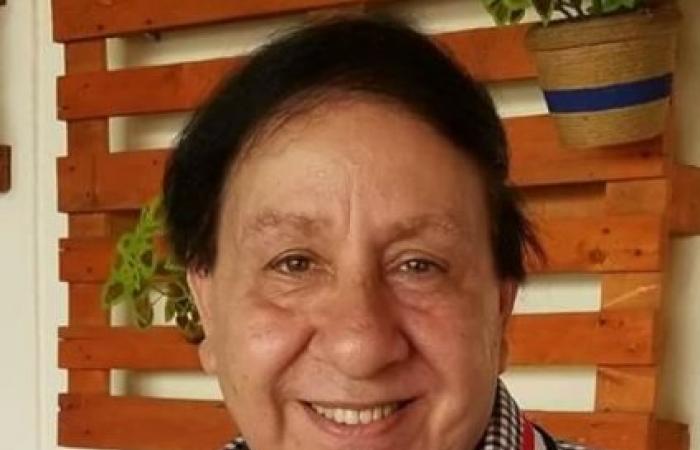 رئيس التحرير يكتب : من التراب وإلى التراب يعود .. تحويل جثث الموتى إلى سماد عضوى
رئيس التحرير يكتب : من التراب وإلى التراب يعود .. تحويل جثث الموتى إلى سماد عضوى
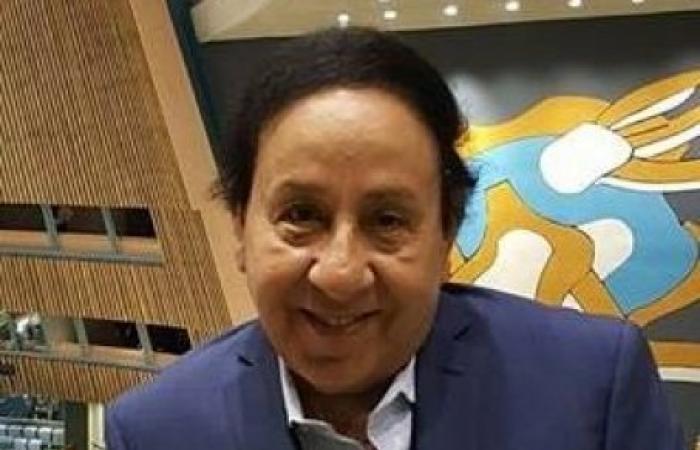 رئيس التحرير يكتب : لماذا تصر الحكومة على استمرار شريف أبو النجا رئيسا لمستشفى 57357 رغم الشواهد العديدة على فساده
رئيس التحرير يكتب : لماذا تصر الحكومة على استمرار شريف أبو النجا رئيسا لمستشفى 57357 رغم الشواهد العديدة على فساده اقرأ في العدد الجديد ( عدد يناير ٢٠٢٣ ) من جريدة صوت بلادي
اقرأ في العدد الجديد ( عدد يناير ٢٠٢٣ ) من جريدة صوت بلادي
